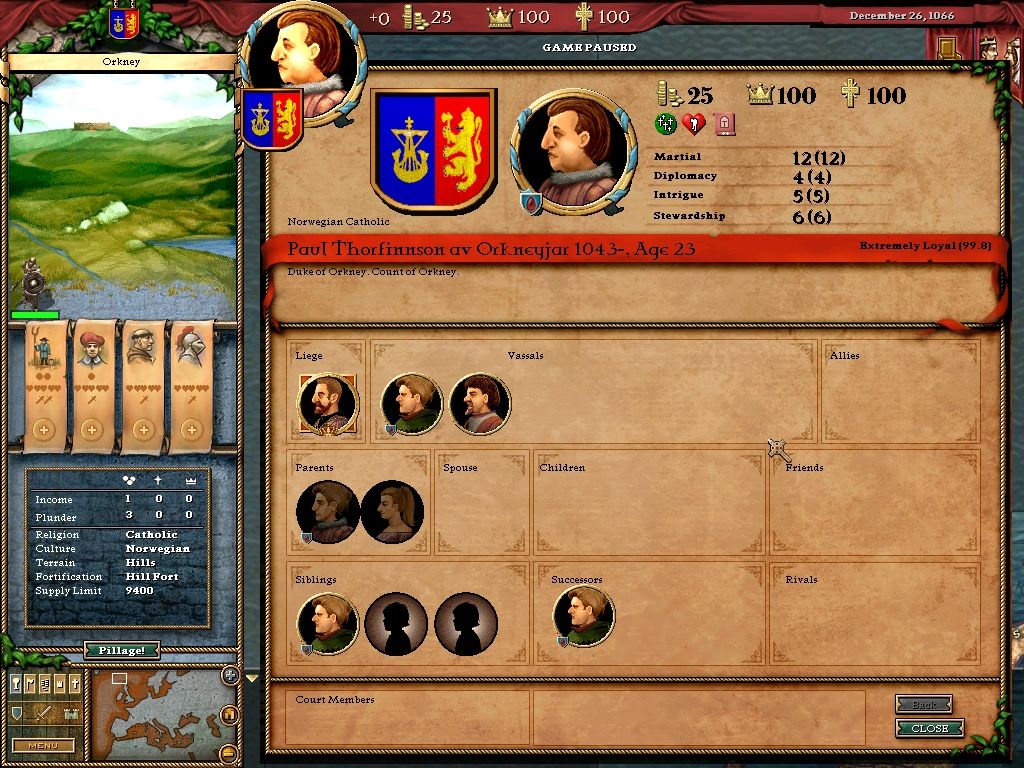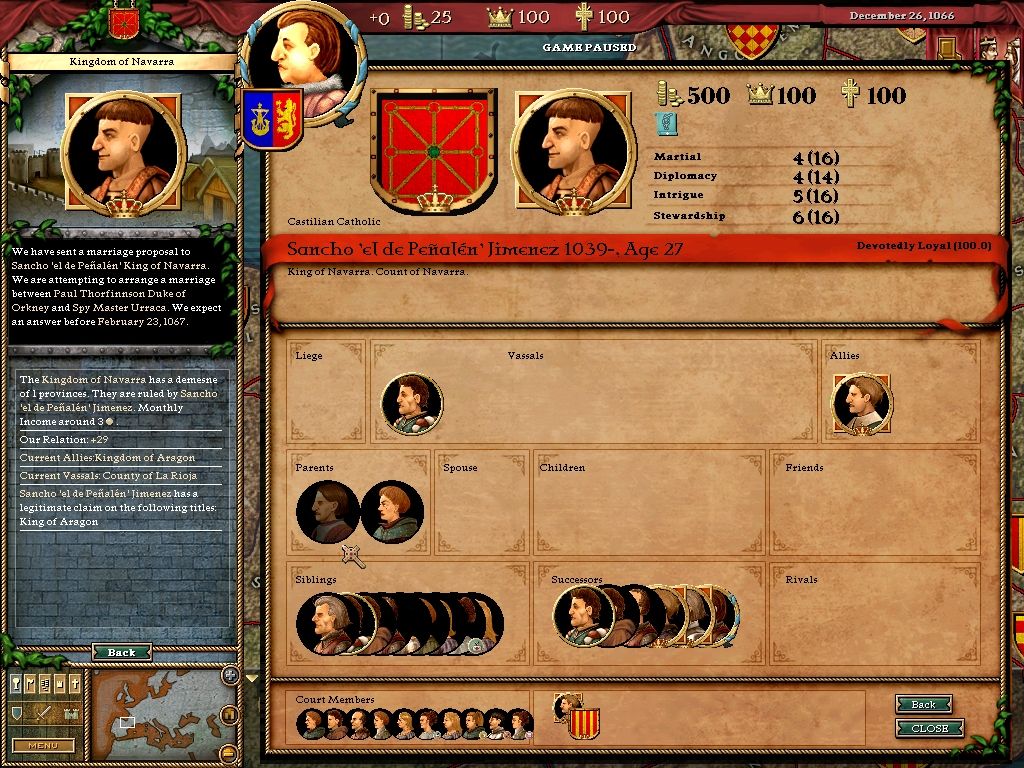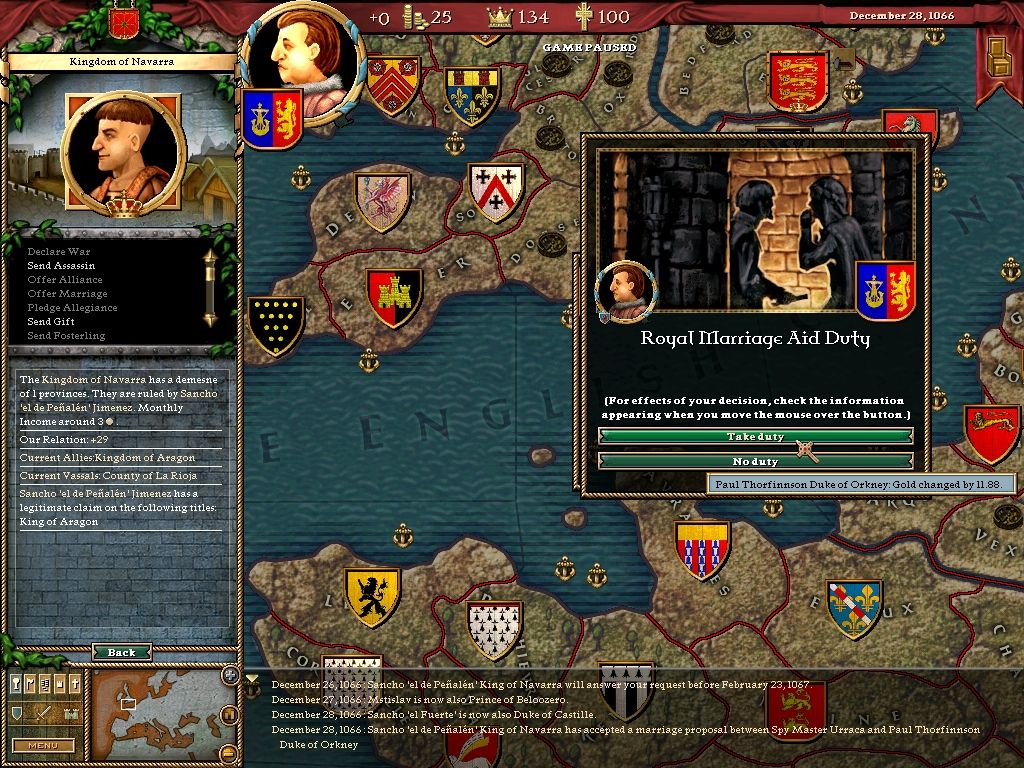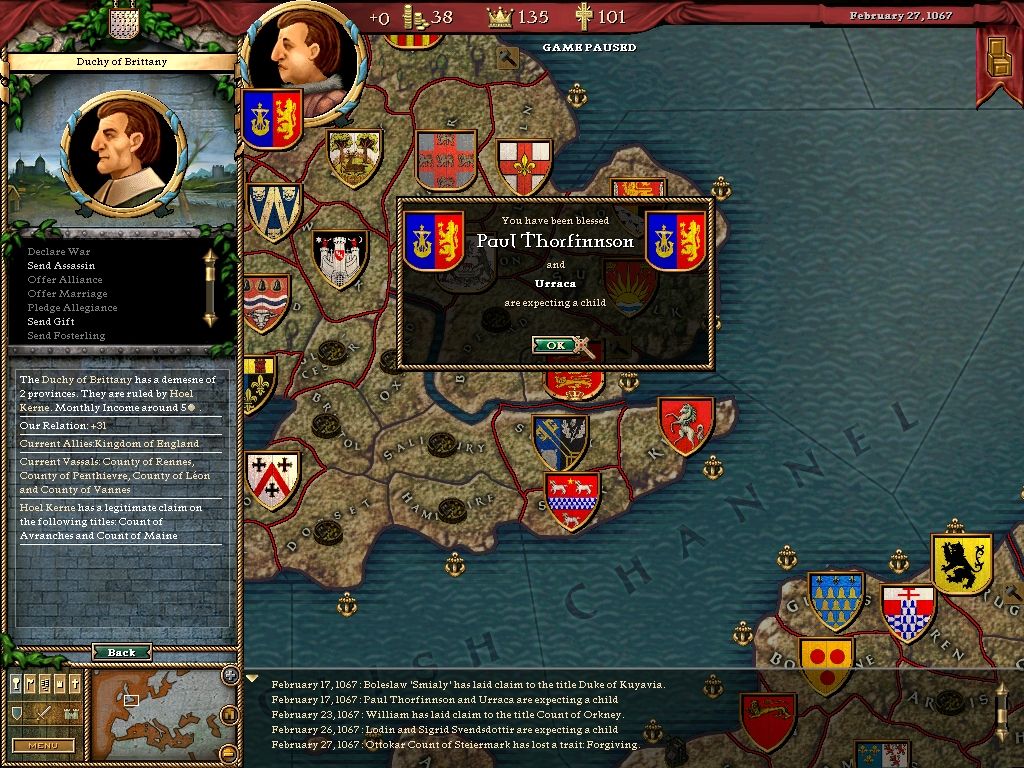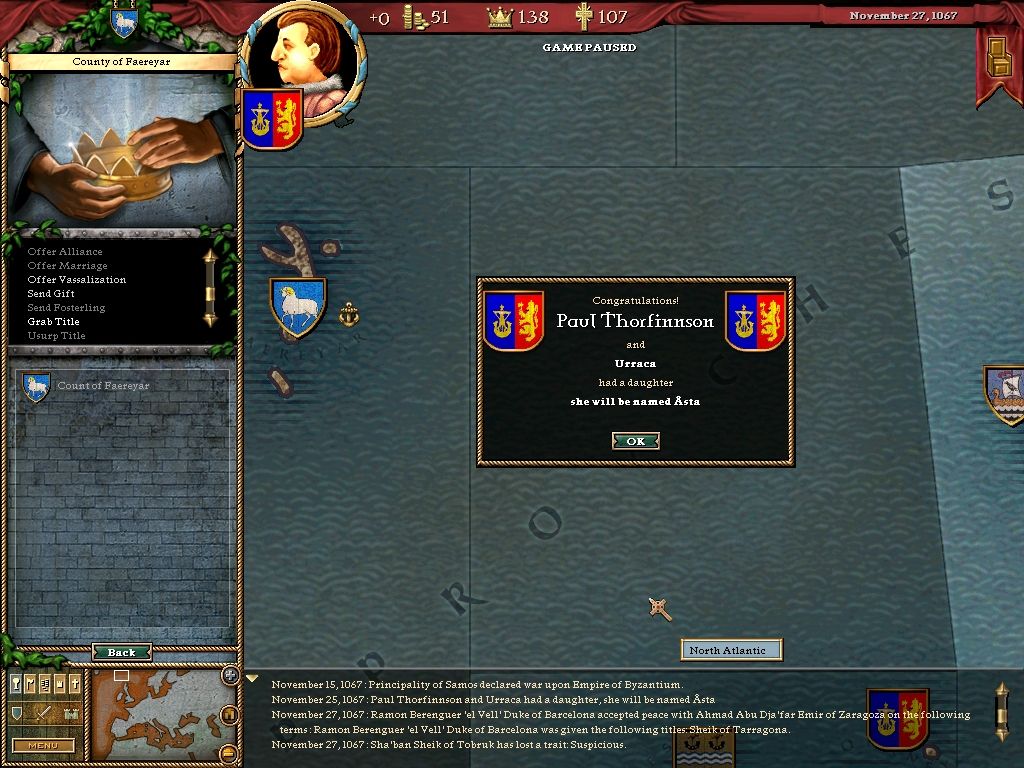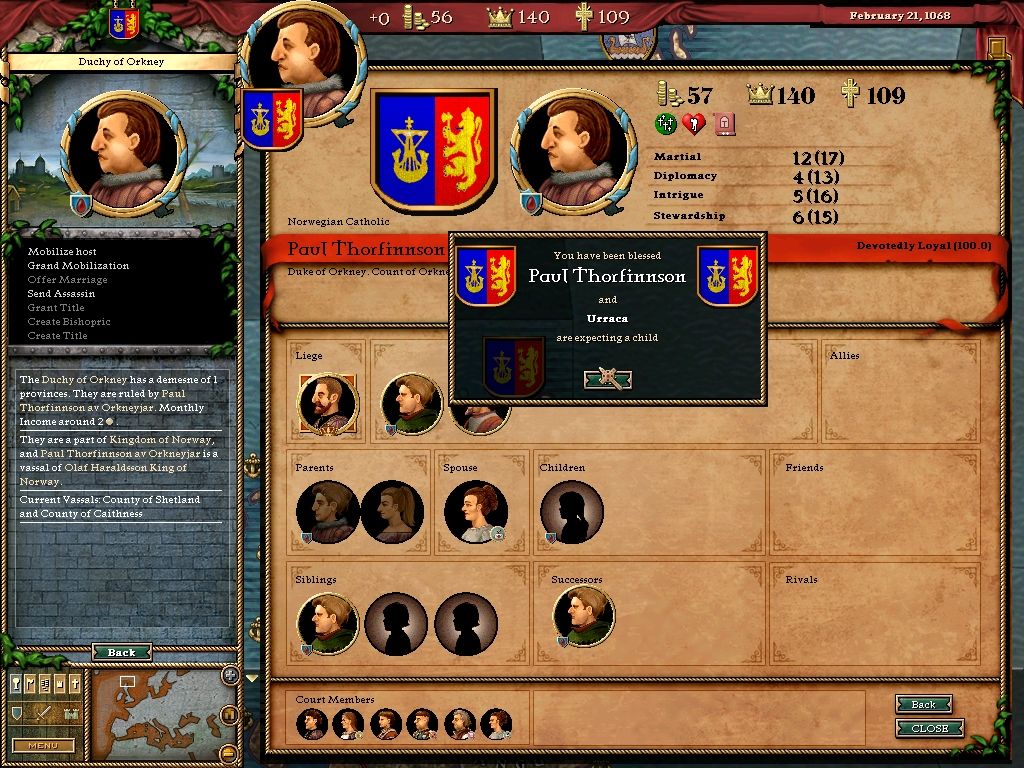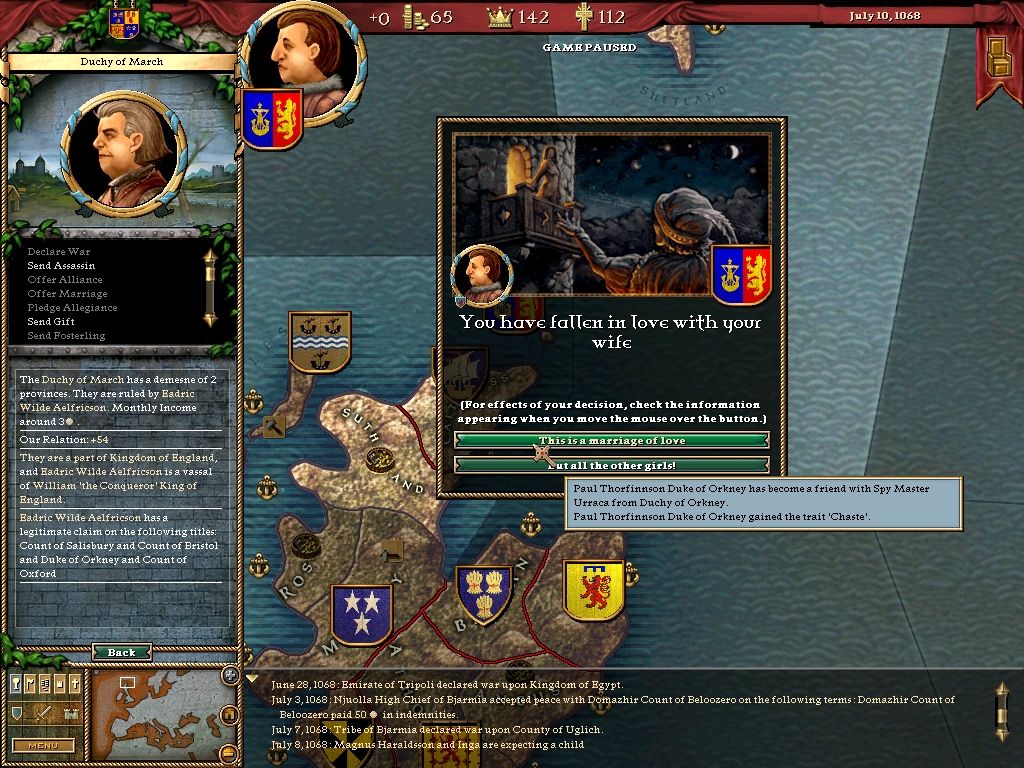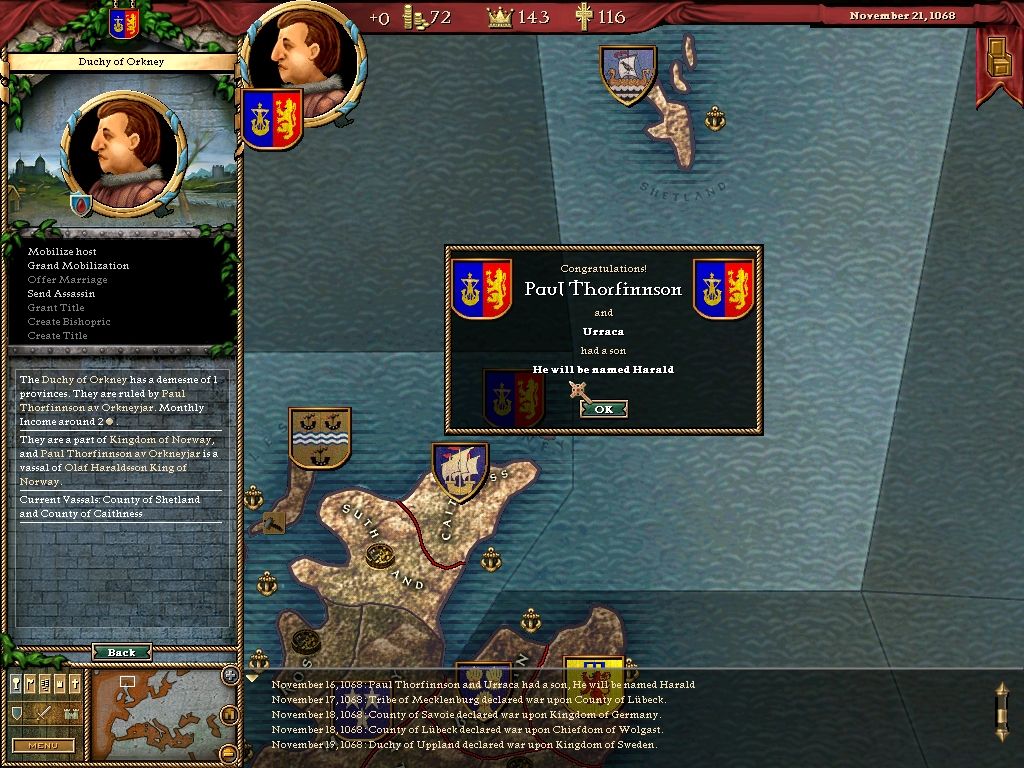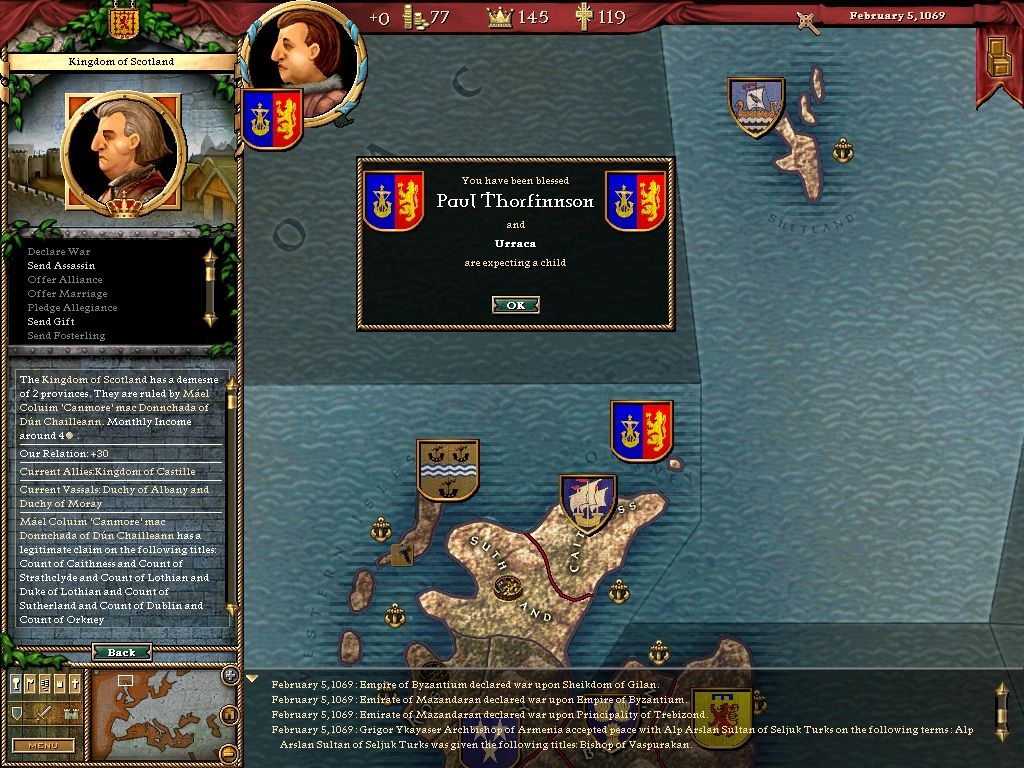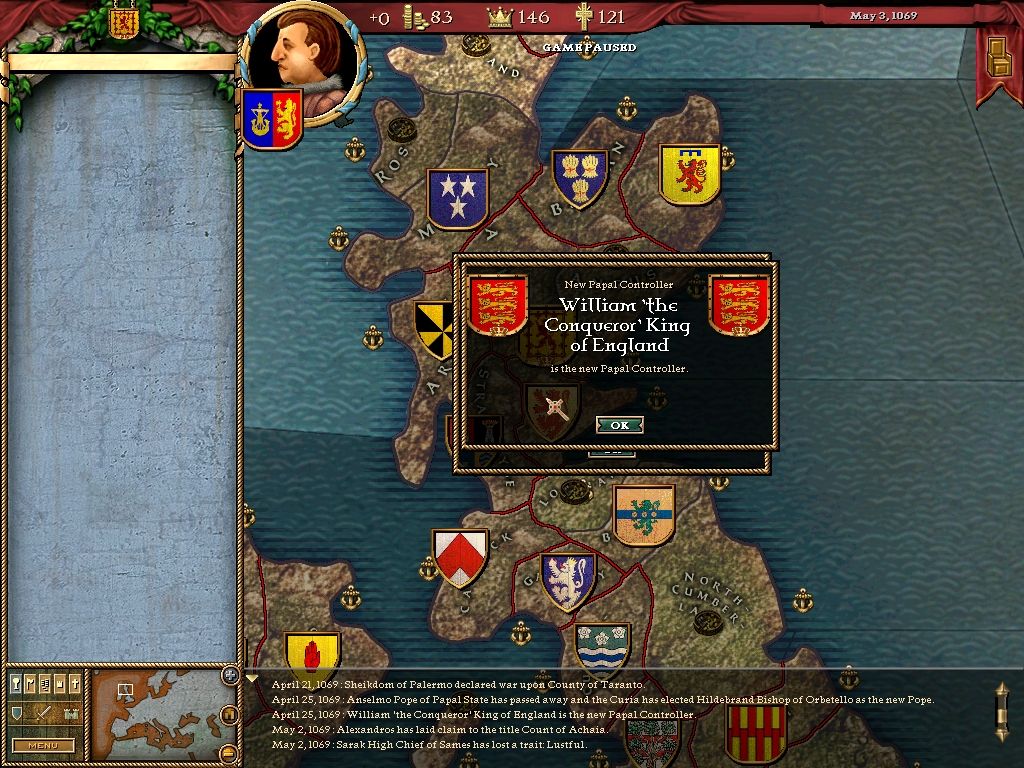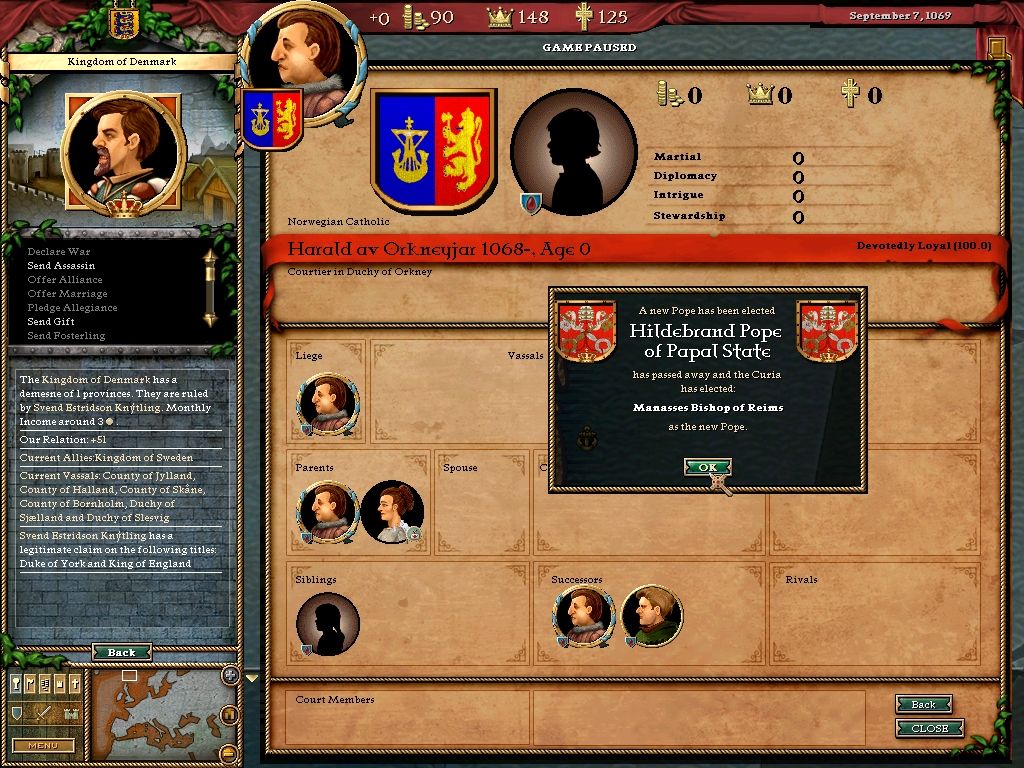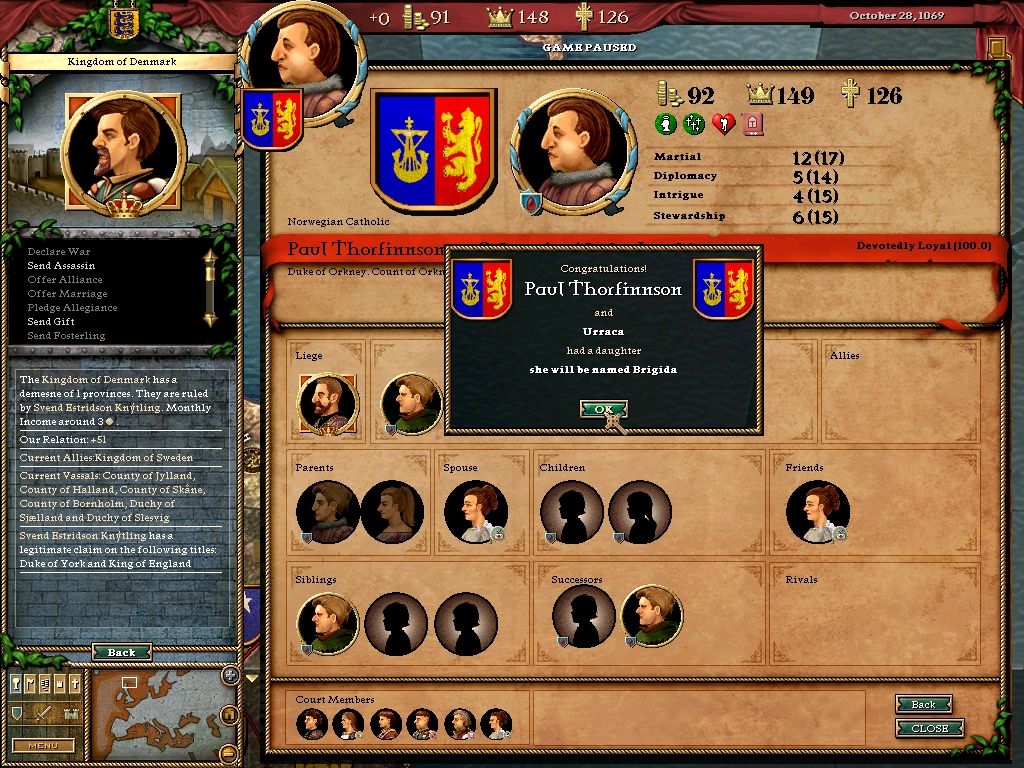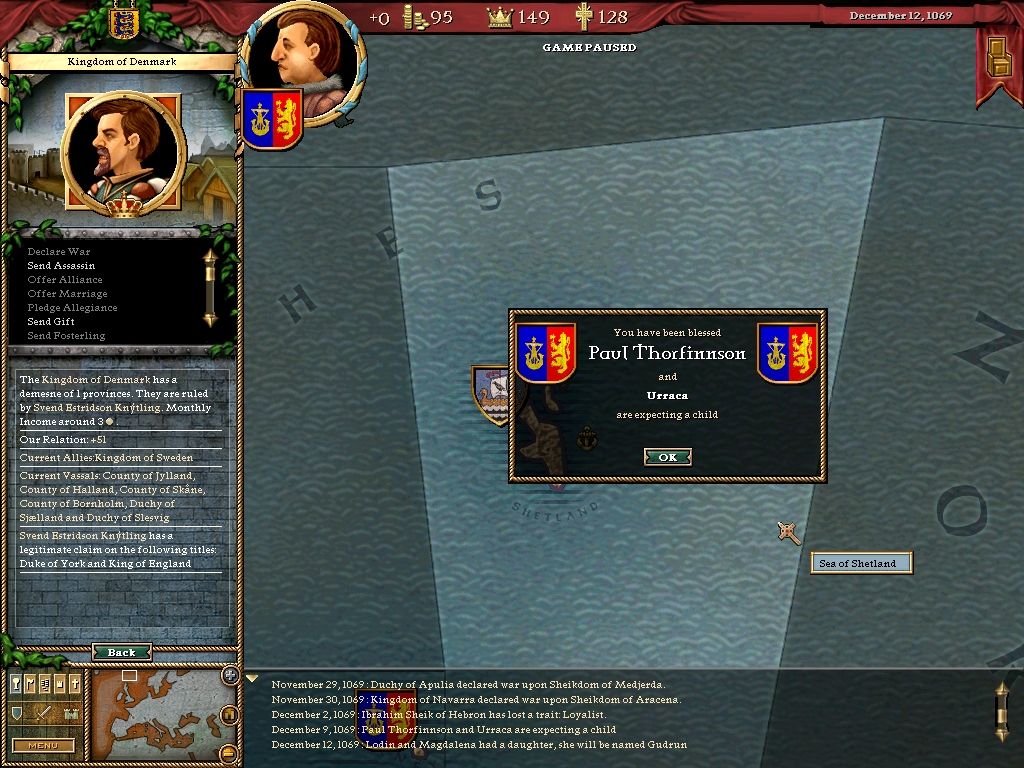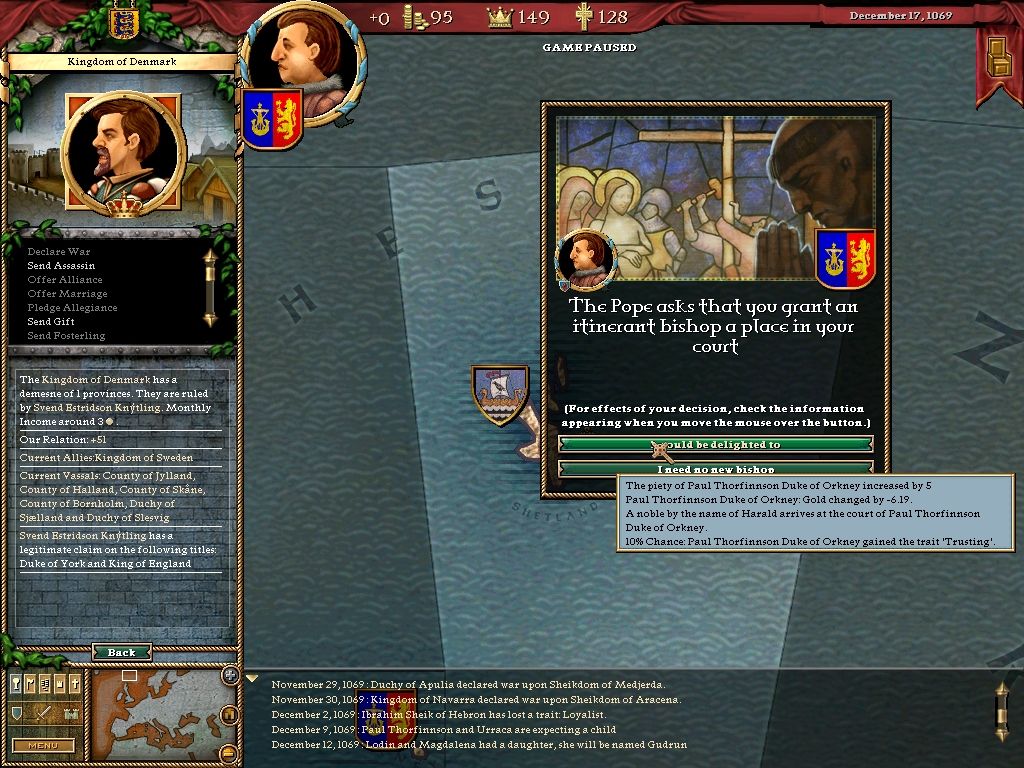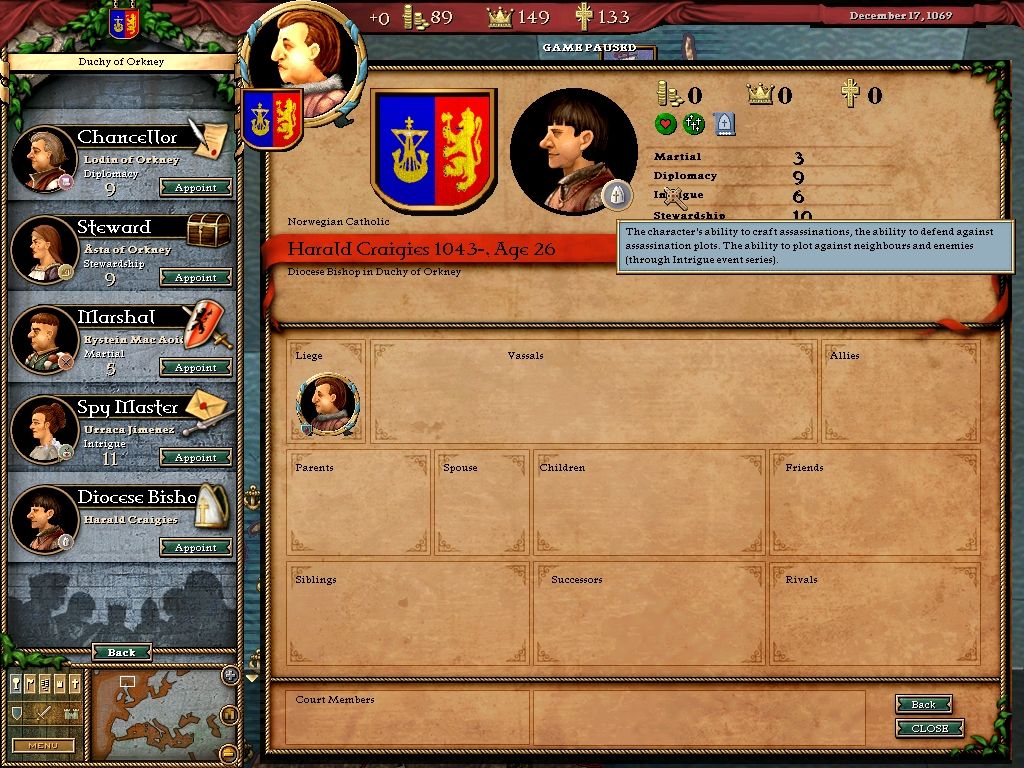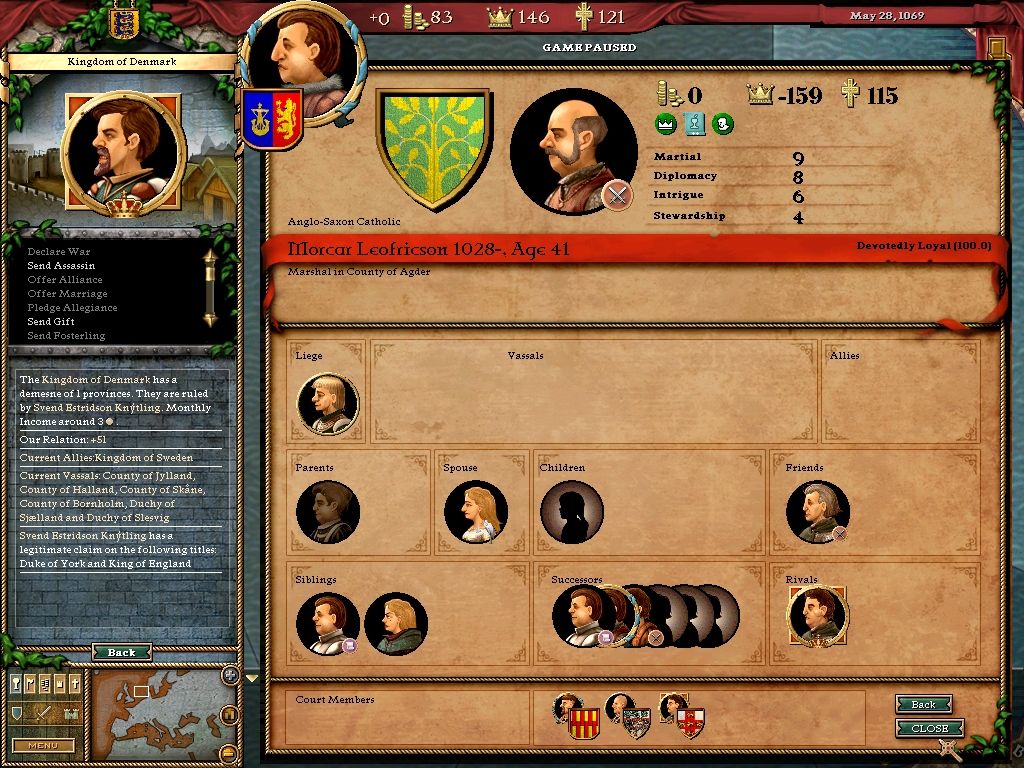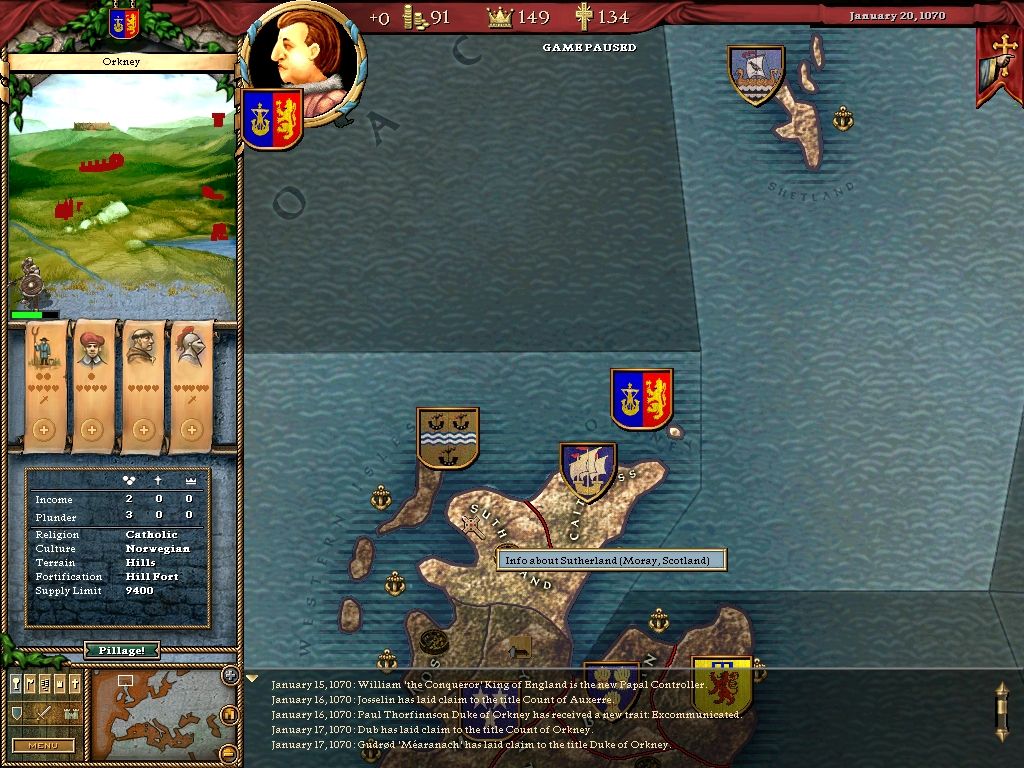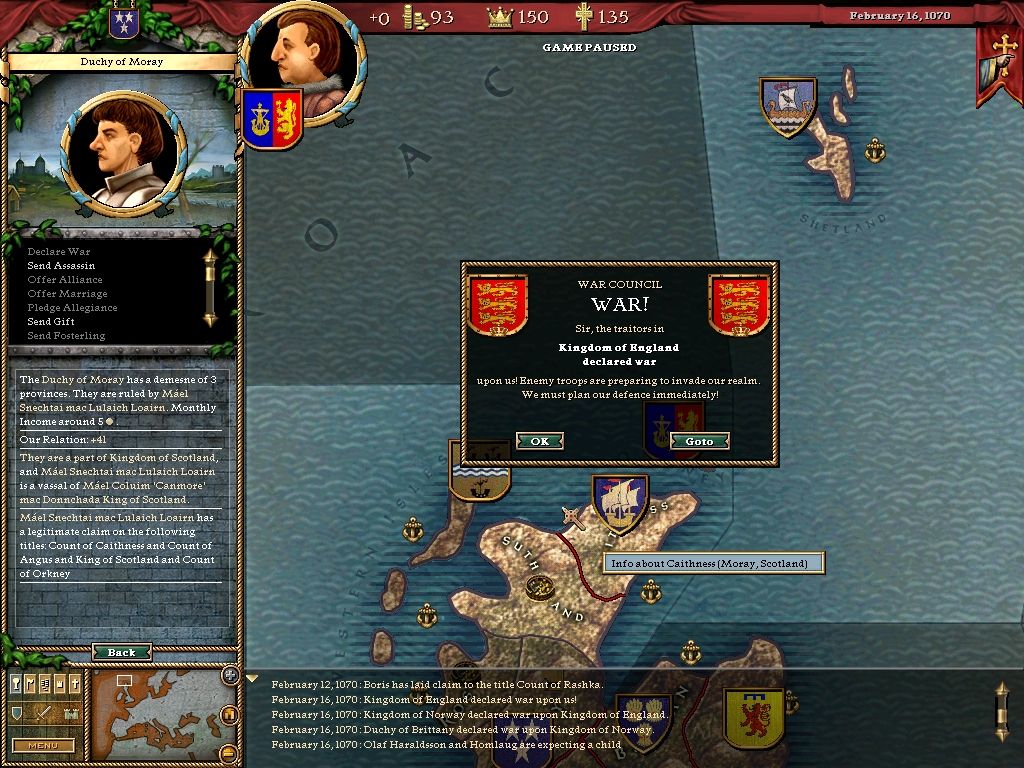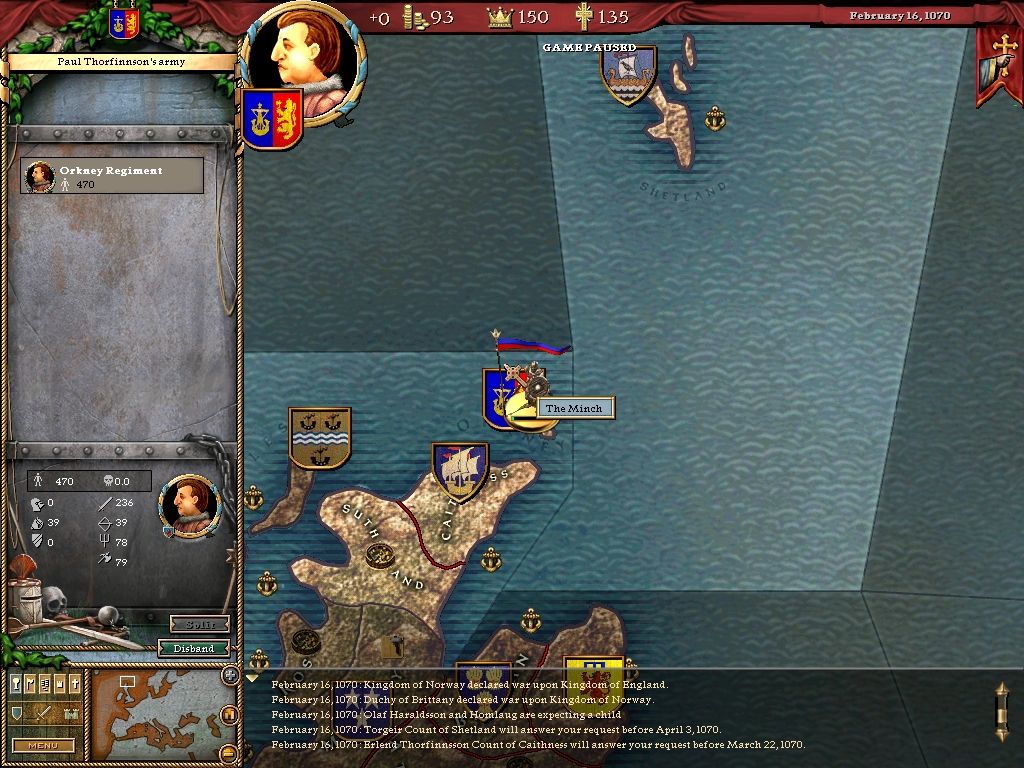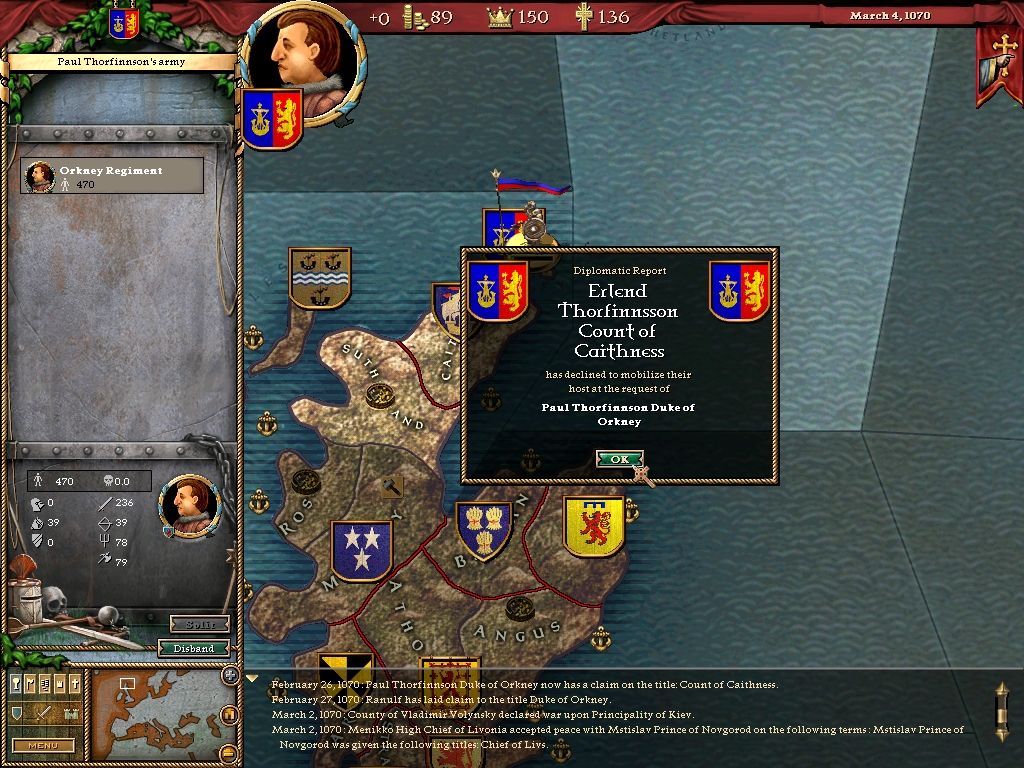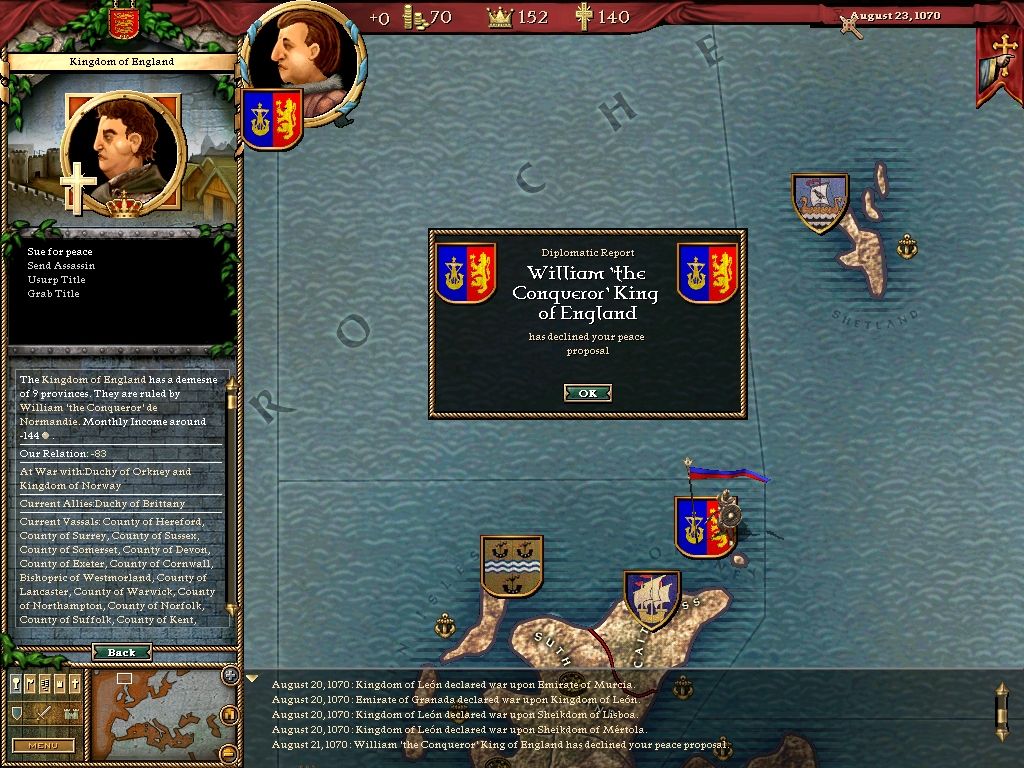The hawk-nosed man stood on the beach and watched the sea.
He shouldn't have been out there. It was the twenty-sixth day of December in the year of our Lord 1066, and it was the very dead of winter.
In the Medieval Era when people said 'the dead of winter' it wasn't just a figure of speech. Peasant and lord alike would fall victim to fevers or other diseases in the winter months (but also in the autumn ,spring and summer), and would die in a matter of days. Life was short then.
So has mine been, thought the man. Indeed, he was only twenty-four years of age, but in the 11th century men lived not long beyond twice that, and war or pestilence could shorten that quite quickly...
But Paul Thorfinnson needed a break. Only three months had passed since that terrible day in Stamford Bridge, a day he wished with all his youthful existence he could forget. The screams of pain, death, and the far worse in-between could still echo in his mind hundreds of miles away...
He is holding the Raven Banner of Harald Hardraada. All around him shouts in Norse and English are made, the dying scream, and commanders try to rally their men. Next to him is his loyal soldier, Njal of Caithness. Njal asks him: "We'll get out of this, right? King Harald will beat those English, right?" He doesn't answer. Suddenly out of nowhere a group of Huscarls jumps the two Norsemen. Shouting, "Oot! Oot!" the axes are upon Paul and Njal. Paul puts down the banner, and draws his sword. Swooshing through the air, his swords cuts the throat of a Huscarl who had made his ax blow and had no time to recover. Within minutes half the Englishmen are dead, the other half gone. Paul looks around at the raging battle, and sees the arrow flying. It wasn't intended for him. He traced its trajectory as it sliced the air, until it reached a target. "Ahrr.." comes a voice from another world, but Paul can recognize it from miles away. King Harald is dead. Looking in his periphery, he happens upon a far more personal tragedy. Njal is dead, dispatched by an ax in his head...
England vanished, and the coast of Orkney reappeared. He shook himself free of the past. Njal had received an honorable burial, and all the filthy business of the failed invasion of England was in that which cannot be altered. The past.
The present beckoned. A voice came from behind. Erlend, his brother called him to the house.
"Brother, stop brooding. Olaf Haraldsson, the new king of Norway and our liege is calling us. A feast in honor of the shared future of Orkney and Norway!" Erlend snorted. "Olaf knows we're all beat. We're prostrate before anybody who decides to attack us. A Scottish attempt to smoke us out of 'their' land? Sometimes I don't know why Mother married that idiot Malcolm."
Paul didn't answer. Erlend assumed he was coming by himself and left.
But Paul didn't come in. He stayed outside, watched the waves that had brought food to the ancient people who had started civilization in Northern Britain, and let the past go...
He shouldn't have been out there. It was the twenty-sixth day of December in the year of our Lord 1066, and it was the very dead of winter.
In the Medieval Era when people said 'the dead of winter' it wasn't just a figure of speech. Peasant and lord alike would fall victim to fevers or other diseases in the winter months (but also in the autumn ,spring and summer), and would die in a matter of days. Life was short then.
So has mine been, thought the man. Indeed, he was only twenty-four years of age, but in the 11th century men lived not long beyond twice that, and war or pestilence could shorten that quite quickly...
But Paul Thorfinnson needed a break. Only three months had passed since that terrible day in Stamford Bridge, a day he wished with all his youthful existence he could forget. The screams of pain, death, and the far worse in-between could still echo in his mind hundreds of miles away...
He is holding the Raven Banner of Harald Hardraada. All around him shouts in Norse and English are made, the dying scream, and commanders try to rally their men. Next to him is his loyal soldier, Njal of Caithness. Njal asks him: "We'll get out of this, right? King Harald will beat those English, right?" He doesn't answer. Suddenly out of nowhere a group of Huscarls jumps the two Norsemen. Shouting, "Oot! Oot!" the axes are upon Paul and Njal. Paul puts down the banner, and draws his sword. Swooshing through the air, his swords cuts the throat of a Huscarl who had made his ax blow and had no time to recover. Within minutes half the Englishmen are dead, the other half gone. Paul looks around at the raging battle, and sees the arrow flying. It wasn't intended for him. He traced its trajectory as it sliced the air, until it reached a target. "Ahrr.." comes a voice from another world, but Paul can recognize it from miles away. King Harald is dead. Looking in his periphery, he happens upon a far more personal tragedy. Njal is dead, dispatched by an ax in his head...
England vanished, and the coast of Orkney reappeared. He shook himself free of the past. Njal had received an honorable burial, and all the filthy business of the failed invasion of England was in that which cannot be altered. The past.
The present beckoned. A voice came from behind. Erlend, his brother called him to the house.
"Brother, stop brooding. Olaf Haraldsson, the new king of Norway and our liege is calling us. A feast in honor of the shared future of Orkney and Norway!" Erlend snorted. "Olaf knows we're all beat. We're prostrate before anybody who decides to attack us. A Scottish attempt to smoke us out of 'their' land? Sometimes I don't know why Mother married that idiot Malcolm."
Paul didn't answer. Erlend assumed he was coming by himself and left.
But Paul didn't come in. He stayed outside, watched the waves that had brought food to the ancient people who had started civilization in Northern Britain, and let the past go...



